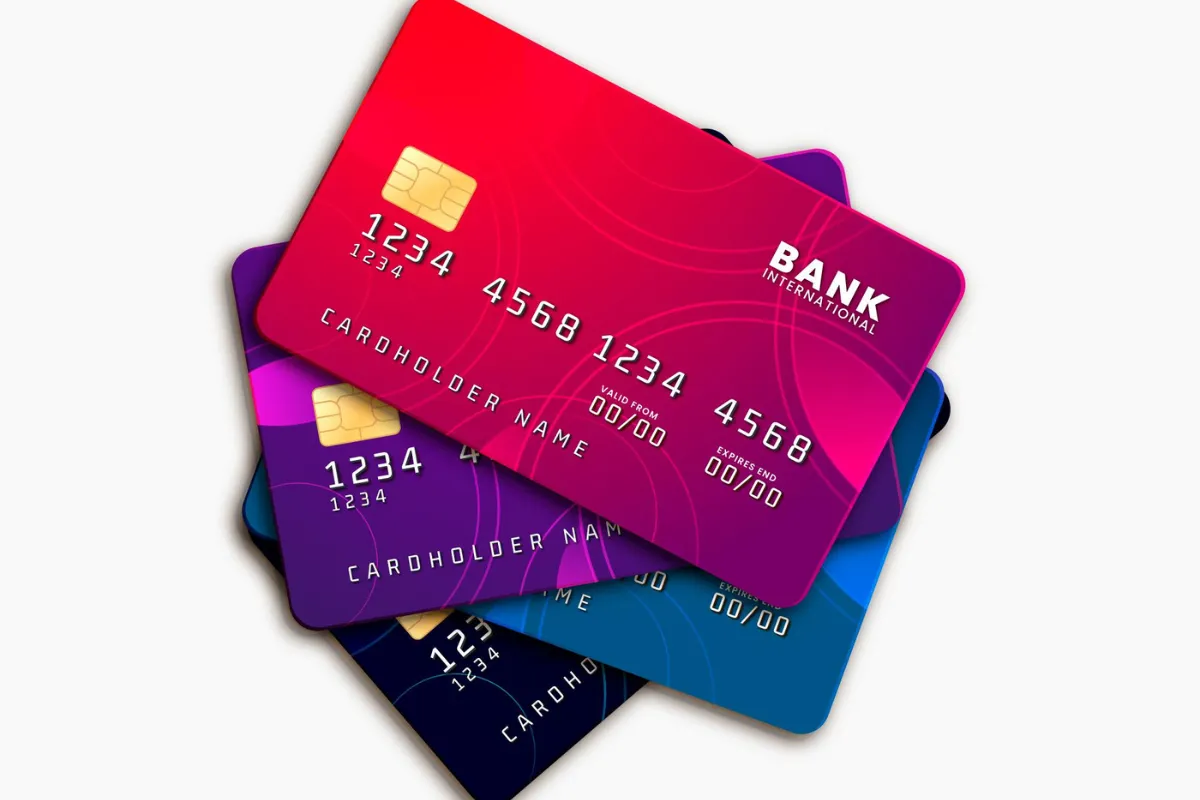In our fast-paced modern world, credit cards have become an essential tool, offering payment flexibility, convenience, and a range of advantages. However, the accessibility of easy credit can pose challenges, especially for individuals who find it hard to resist the temptation of overspending, particularly during shopping. If you’re facing financial strain due to difficulties in managing your shopping habits, closing your credit card can be a smart move to regain control. To assist you in this process, here are easy steps to guide you through the decision and execution of closing your credit card.
Initiating the Credit Card Closure Process
If you have decided to close your credit card, the first step is to contact your credit card issuer. You can typically reach them through their customer service phone number, email address, or online chat feature. Upon contacting the issuer, inform them of your intention to close the credit card account. They will then guide you through the necessary steps and provide any additional information required.
Clearing Outstanding Balances and Fees
Before your credit card account can be closed, it is crucial to ensure that all outstanding balances and fees have been paid. This includes any remaining credit card purchases, interest charges, annual fees, or any other outstanding amounts. Failure to clear these dues can result in late payment penalties and potential damage to your credit score.
Redeeming Reward Points
If your credit card offers reward points or cashback programs, ensure that you redeem these points before closing the account. Many credit card issuers have policies that expire unused reward points or cashback balances upon account closure. Redeeming these points for merchandise, travel, or statement credits can maximize the value you’ve accrued through your card usage.
Disabling Auto-Payments and Transfers
Before proceeding with the closure, check for any active auto-payments or automatic transfers linked to your credit card. These could include recurring bill payments, subscription services, or automatic transfers to your savings account. Disabling these auto-payments will prevent any unauthorized charges after the card is closed.
Finalizing the Closure Request
Once you have completed the preliminary steps, the credit card issuer will process your closure request. They may require you to confirm your decision and provide a reason for closing the account. Typically, the closure process is completed within a few days, and you will receive a confirmation notice from the issuer.
Additional Considerations
- Destroy the Credit Card: After your credit card account is closed, cut the card into pieces and dispose of it securely to prevent any potential misuse.
- Monitor Your Credit Report: Keep an eye on your credit report to ensure that the account closure is reflected accurately.
- Impact on Credit Score: Closing a credit card can impact your credit score, especially if it has a long history of responsible usage. However, the impact is typically temporary and may not be significant if you maintain a healthy credit history with other accounts.
Remember, closing a credit card should be a well-considered decision that aligns with your financial goals and overall credit management strategy.
Keep watching our YouTube Channel ‘DNP INDIA’. Also, please subscribe and follow us on FACEBOOK, INSTAGRAM, and TWITTER











